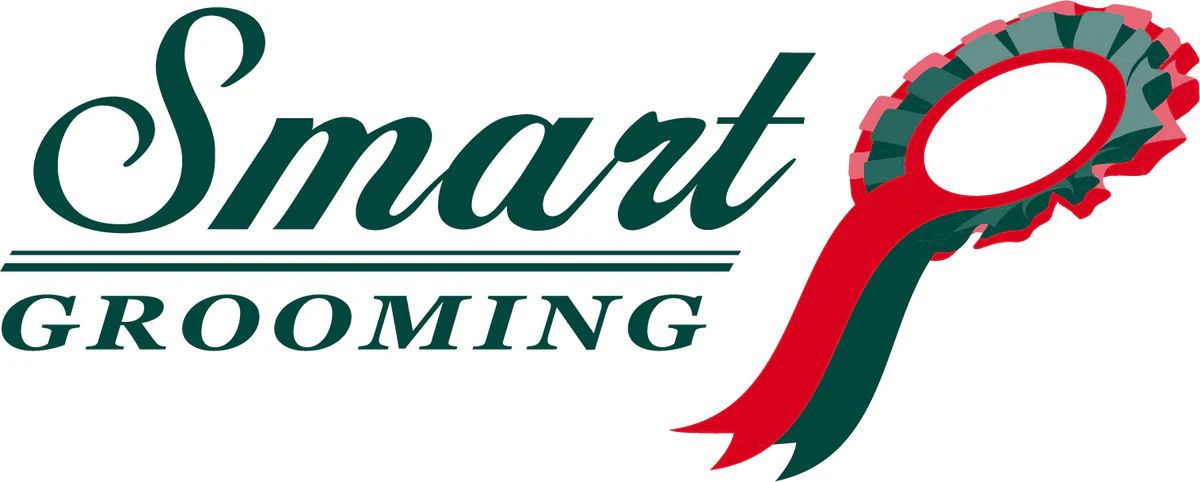- Join Us
- Login
- EEA ToolKit
- Employment Essentials
- Frequently asked
- Contracts and wages
- Time off work & absence
- Staff management & training
- Workplace disputes
- Dismissals and resignations
- Pregnancy and children
- Avoiding discrimination
- Redundancy and Retirement
- Other responsibilities
- Legal Helpline
- Recruitment
- Good Recruitment
- New starters
- Find a groom
- Good Employment
- Resources
- Downloads Library
- EEA Pension & Payroll
- Safe workplace
- Employers Minds
- Transporting horses
- Riding Establishment Licences
- Member discounts
- Business Hub
- Equestrian businesses
- The business plan
- Business compliance
- My clients
- Livery Contract Creator
- Financial matters
- Business challenges
- Marketing
- The EEA
- Employers Life
- Contact

Latest research on poor employment
7th November 2024
The latest BGA research identifies high levels of anxiety and depression within the equestrian workforce.
The Equestrian Employers Association (EEA) strongly believes that our industry should be a place of only Good Employment.
Its sister organisation, the British Grooms Association (BGA), recently conducted an online survey to uncover the impact of poor employment practices on the mental health and well-being of grooms.
The independently analysed survey revealed stark and significant issues with employment conditions among grooms.
Some of the key findings include:
- Mental Health Impacts: Poor working conditions are directly linked to high levels of anxiety (65%) and depression (55%) among respondents. Anger and frustration were reported by 54%, while sadness and confusion were noted by 39% and 32%, respectively. Only 11% of respondents reported no emotional impact from their work.
- Workplace Bullying and Harassment: 43% reported experiencing bullying, and 8% faced sexual harassment.
- Employment Rights Breaches: Over 64% of respondents lack formal employment contracts. Nearly half (46%) reported being paid below the National Minimum Wage, while 51% do not receive payslips and 44% lack pensions. Additionally, 29% are falsely classified as self-employed, and around 30% are denied annual leave.
- Support-Seeking Patterns: 41% felt they needed mental health support but did not seek it. Nearly 40% did access some form of professional help, including doctors (23%) and counselling (16%)
The BGA designed and ran the survey, and then the results were analysed independently by Simone Sear. Simone has conducted and collaborated on similar research in the horseracing industry.
The quantitative survey results reveal significant issues with employment conditions among grooms, reflecting high rates of breaches of employment rights alongside negative mental health impacts.
There is a strong connection between poor employment practices in the equestrian industry and adverse mental health outcomes for grooms. Wage-related issues, unsafe conditions, and excessive workloads contribute to high levels of anxiety, depression, and anger, suggesting systemic issues rather than isolated cases.
Simone Sear
Several recurring themes including financial exploitation, excessive workload, unsafe conditions, emotional distress, and a lack of professional recognition were also identified:
- Financial Insecurity: Many respondents report delayed or insufficient wages, underpayment for overtime, and unfair deductions.
- Overwork and Burnout: Long hours, unpaid overtime, and constant work expectations often lead to chronic exhaustion. Respondents describe “burnout” as common, with little regard from employers.
- Unsafe and Substandard Conditions: Unsafe working environments and poor on-site accommodation were cited, with some respondents reporting ‘rodent-infested’ accommodation.
- Emotional Abuse and Toxic Culture: Respondents reported profound emotional distress, including feelings of worthlessness and isolation, as a result of bullying, manipulation, harassment and abusive treatment by employers and colleagues.
- Pressure to Forego Leave: Many respondents are denied leave or pressured into feeling guilty for taking time off, reinforcing a cycle of burnout.
- Lack of Professional Recognition: There is consistent frustration over the lack of respect and fair compensation for highly skilled work, with respondents calling for the industry to recognise grooms as professionals and provide equitable pay.
Encouragingly some findings indicated good employment practices emphasising the positive effects on employee wellbeing and job satisfaction. These demonstrated there were also high levels of positive employment experiences, that where it exists positive workplace well-being is linked to retention.
The EEA was formed to offer support to all who employ staff in the equestrian industry and we strive towards an industry of only Good Employment.
NEWS ARCHIVE
- 2025 (11 ENTRIES)
- 2024 (22 ENTRIES)
- 2023 (19 ENTRIES)
- 2022 (15 ENTRIES)
- 2021 (10 ENTRIES)
- 2020 (36 ENTRIES)
- 2019 (42 ENTRIES)
- 2018 (48 ENTRIES)
- 2017 (15 ENTRIES)

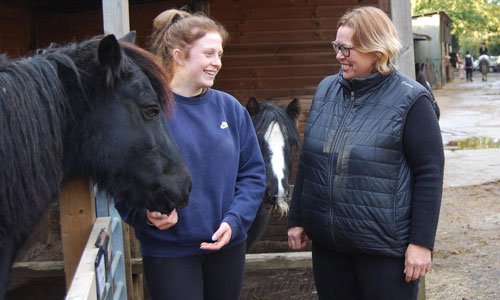










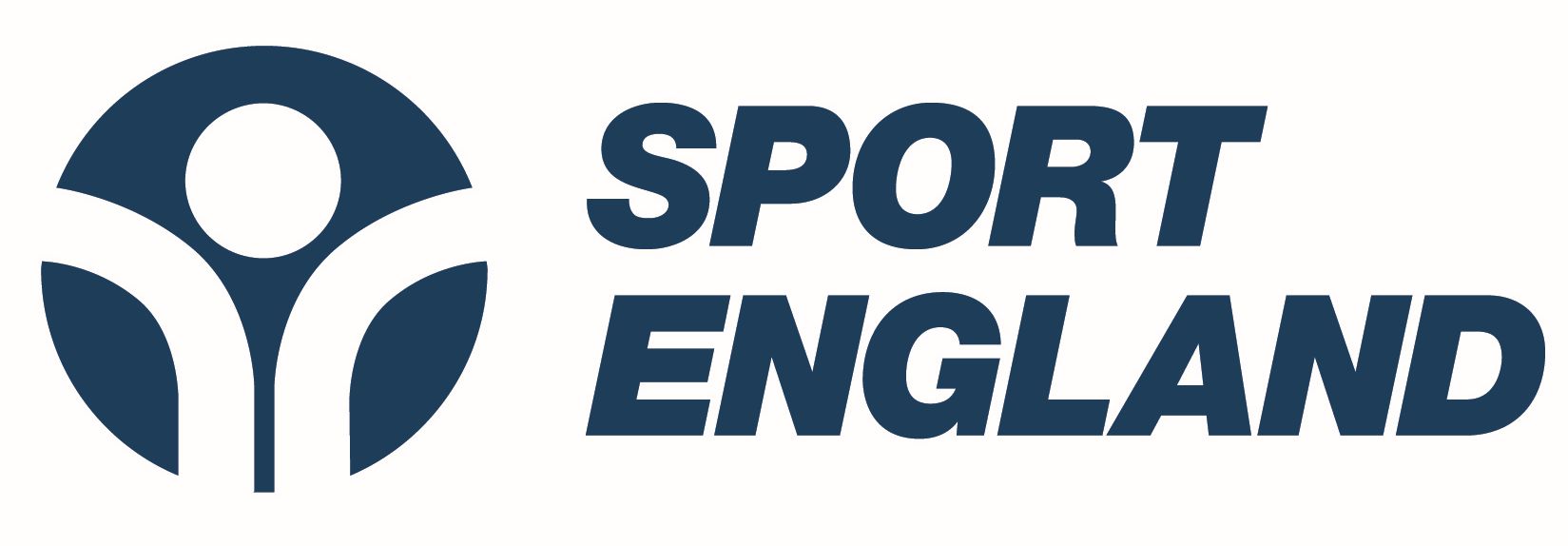




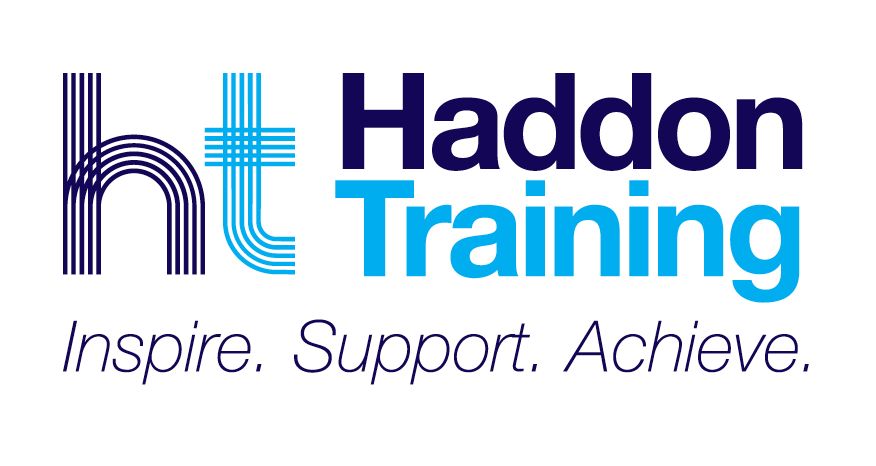
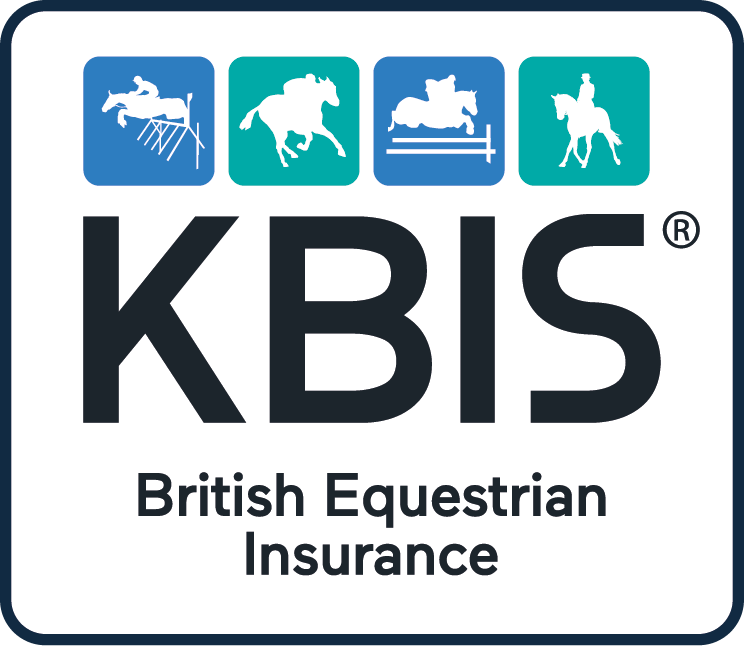
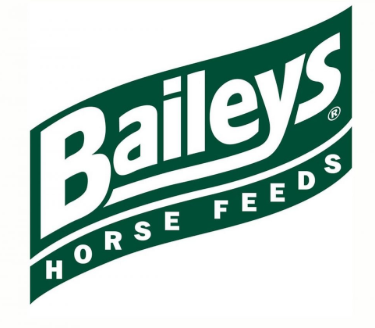
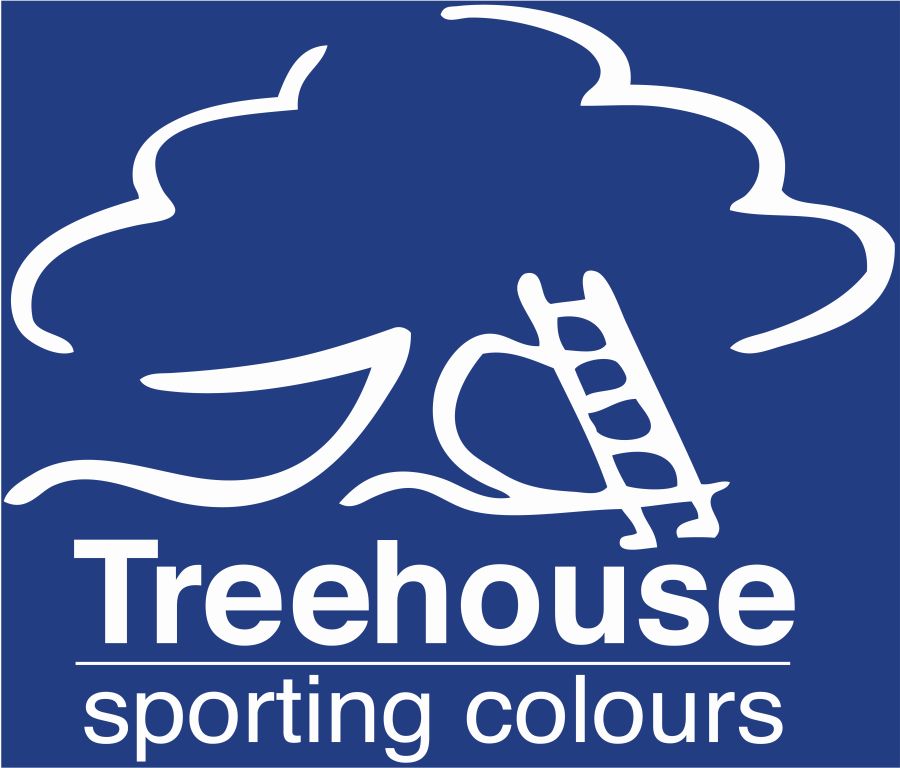

-Small.jpg)

